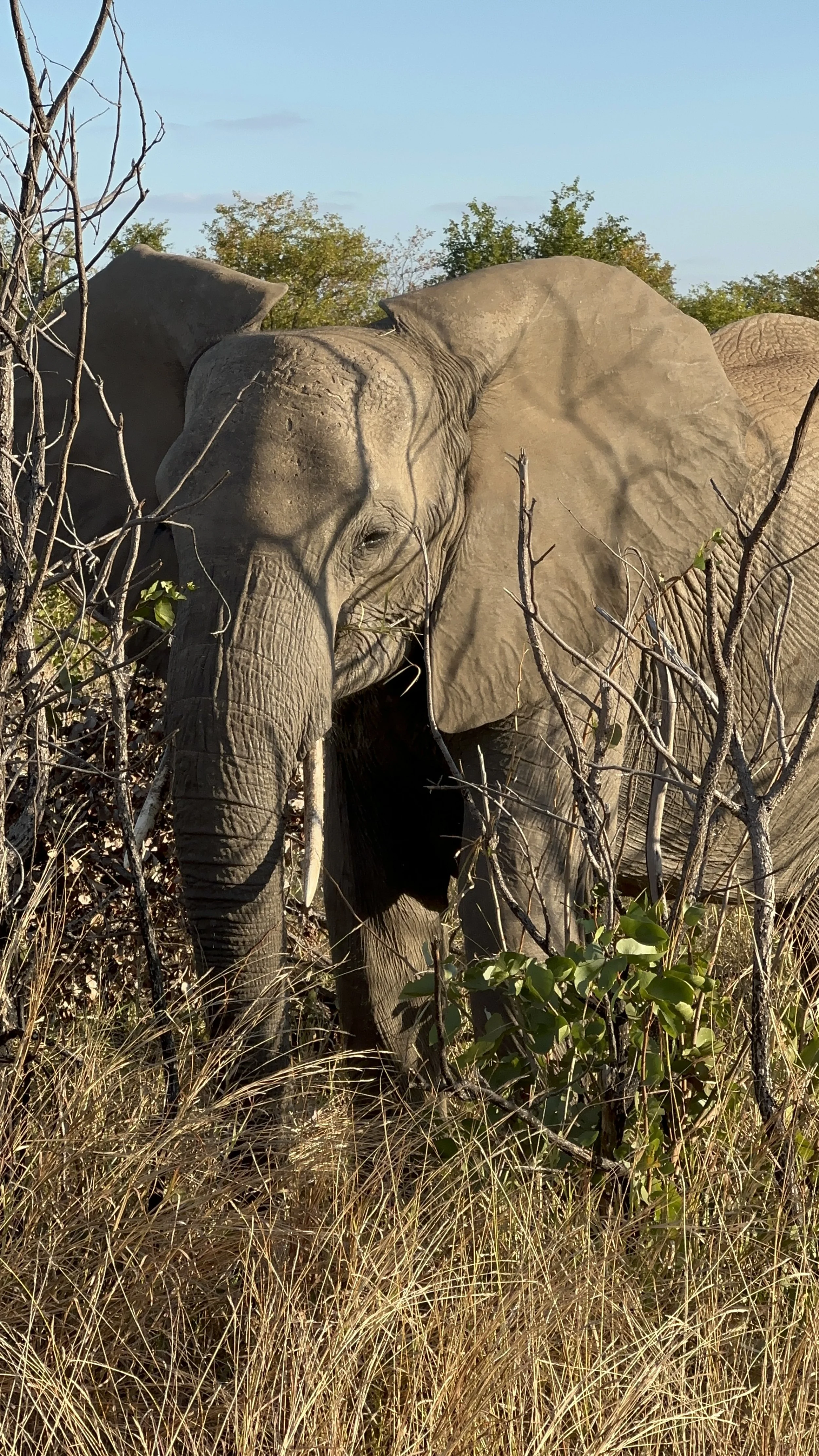LION WATCH PROJECT
Last June, we had the privilege of traveling to South Africa for two weeks to stay with the Lion Watch Project. This project is run by Vision Africa Wildlife that works to rescue and rehabilitate lions from canned hunting and breeding farms. They are a nonprofit organization that works with lions mainly in Botswana and South Africa but have traveled as far as Ukraine to help lions in captivity.
Cub cuddling and canned hunting was once the fastest growing industries in South Africa. Lions are bred, sometimes under unsanitary conditions that lead to an unhealthy, captive population. Infants are taken away from their mothers. Adult lions are often forced to live in solitude, and bad genetics get passed down the generations.
Lion Watch Project works to find alternatives to this industry, rehome lions that can’t be released, and even cares for some on their property. Their goal is to offer the lions a life as close to wild as possible, introducing individuals to packs of their own, and sterilizing them so there is no further inbreeding.
Another function of this project is to assist in anti poaching efforts. We were fortunate to take part in a horn trimming of a rhino during our stay. The efforts gone through by this project and many others is next to none, and the love that people have for these animals is inspiring. As a non profit, the Lion Watch Project funded by donors in order to keep helping these animals and keeping wild places wild. We have developed our safari line to help raise funds to purchase a thermal drone for the organization to be able to use on anti-poaching missions. Every dollar made on this series will go towards this initiative.
To learn more about the Lion Watch Project and to see some amazing animals, check out their Instagram and YouTube pages. For more information on how to volunteer for the program, shoot us a message under contact us, and we can share with you the details. After spending two weeks in South Africa, I think it’s safe to say that we will be back to visit Anthony and family at the Lion Watch Project, his lions, and properties that they work so hard to keep wild.











